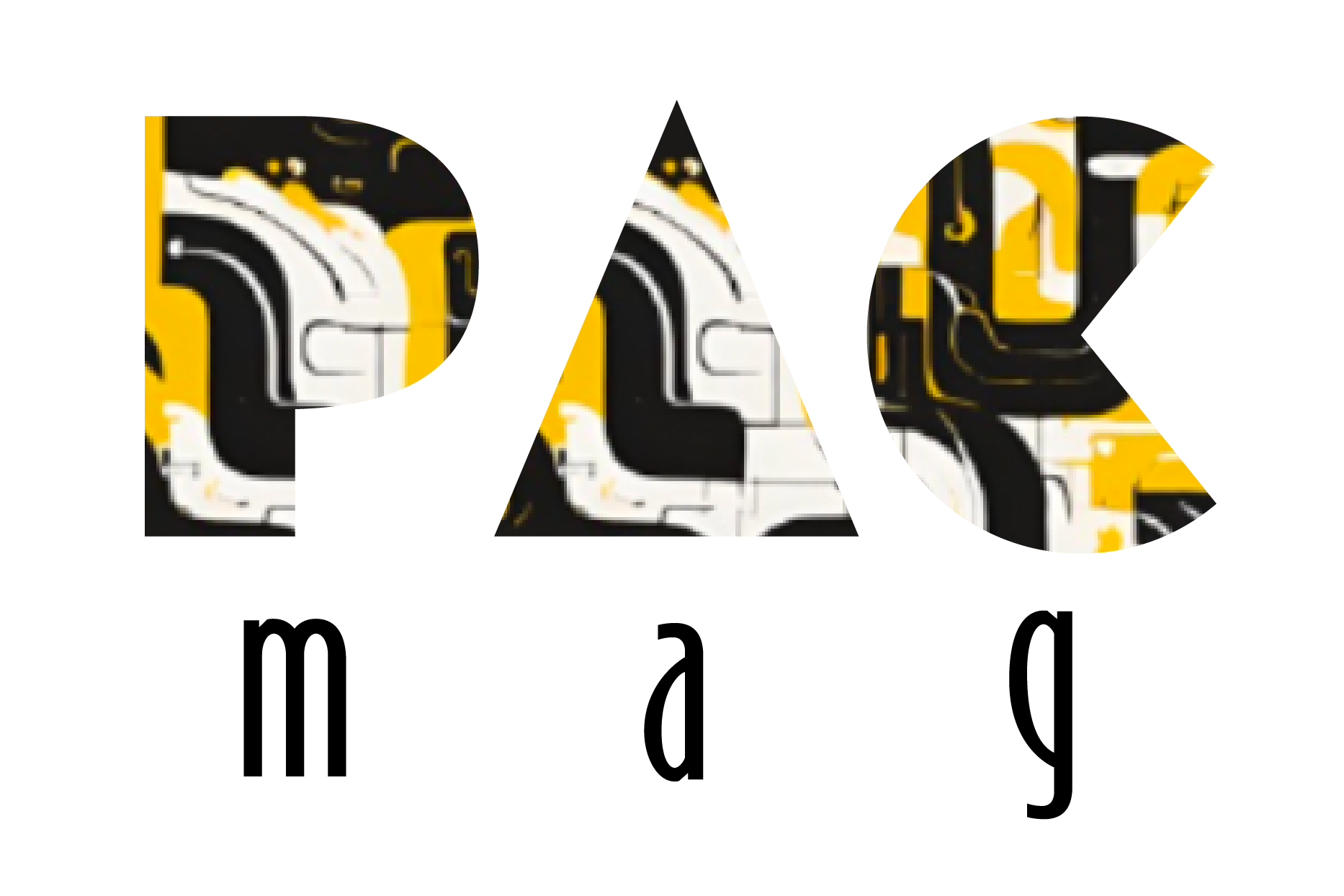
For Gen Z university students, the workforce that they will enter is one on the verge of significant change, especially for creative industries. Three students studying at Goldsmiths, University of London, specialising in film within their degrees, either in experimental film, screen fiction, or documentary filmmaking, have offered a window into their world in order to gain their insight into their journey into the industry. They will tell us what the medium of film means to them, their thoughts on their specialisation and future career, and where do they see themselves and the industry in five years.
Lola – Experimental Film
For Lola, film has always been very important to her because of its ability to bring people together, in both the creative process as well as the enjoyment of sitting down together with someone to watch something on the silver screen. Going to see a film was a “big part” of her family’s way of bonding. Believing that through film, you “can bring so many different forms of media and creative practices into forms of media and creative practices into one”, which is something that she loves.
Choosing to specialise in experimental film, as she did so felling that she could be significantly more creative with it compared to other film options. “There was less of a strict, rigid structure, which personally worked best for me and the way that I work, as I don’t always like to keep to the same regime, which I feel like you have to do more with Screen fiction or documentary making.”
As for what is means for her generation, she suggests that with shorter attention spans and Gen Z’s decreasing ability to focus on longer forms of media, “gives the types of film we actually pay attention to more significance and importance.”
Lola would love for her role in the film industry to be directing, but she also believes that learning and practising other roles as well increases your skills in another. In preparation for the future, she has tried/try to produce her own films in practice and post them for her followers and subscribers on Instagram @bleachd__ and YouTube @BLEACHDuk. She would love for her audience and followers to grow for her short films, as she “put a lot of effort into them”, but also understands that it’s taught her a lot about the importance of patience that is needed when entering the film industry along the way.
She thinks that her course has helped with building her knowledge around experimental film, “by showcasing different directors and their films and certain techniques that they use that we can adapt into our filmmaking process.” She also believes that it’s also helped her to develop skills, “especially in using new technology, like working with a green screen (which I hadn’t used previously before coming to uni)”, and figuring out how to use new, more professional standard cameras.
Lola can’t be certain where or what she’ll be doing in five years, but she hopes to be still working on short films and sharing them with a wider audience, hopefully with bigger recognition. She also wants to connect and collaborate with multiple people who are also trying to break into the industry with their work. However, she thinks that the film industry “will start to become much more dystopian in a way.” With the rise of new technologies, she feels like we will see an emergence of a new style of film that is heavily influenced by the likes of AI, with certain jobs that may even be replaced by its rise. “But then this influence could also be a good thing with things like editing software becoming easier to use with AI prompts.”
Isaac – Screen Fiction
Isaac believes that film “is as big as it has ever been”, especially for his generation. “It’s an avenue that people can channel their creative energy, and with technological advancements getting constantly better and more accessible, people are less restricted by money and can make works of art.”
He chose to specialise in screen fiction over other film options, doing so as he ”always loved film growing up” and had an idea of what he was going to choose coming into this course. His brother, a film director who would give him experience on film sets which he greatly enjoyed, was a big inspiration and a major reason for his decision.
Isaac, with the modules provided by the university, has helped him figure out what role he enjoys devoting himself to, as well as identifying which areas to improve on. He says that in terms of external work, he has “been fortunate to have opportunities on set through my brother so I’ve been able to learn practically as opposed to just in a classroom.” He is also currently applying for work placements, which he thinks “will definitely be beneficial seeing how the industry works.”
He says that his specialisation has helped, in terms of giving him and his classmates a gateway into industry-standard equipment and software. However, he believes it “could be better in terms of being more vocal when people are coming in for talks or when there are big opportunities to network and meet industry professionals.”
Issac hopes that he is working within the film industry, whether that’s in the production or post-production process. Most likely, he thinks that he “will be working in a company,” as he sees himself “more as someone who can lend to the process as opposed to leading it.”
Dora – Documentary Filmmaking
Dora feels that film is an art form and “a way to express anything; ideas, emotions, perspectives.” For her generation, she thinks that it is more accessible than ever, due to streaming and social media making it easier for people to create and share creative stories. “It’s not just about big studios anymore, anyone can make an impact with a camera and an idea and that’s shown through the projects I’ve seen in university.”
Unlike the other two, Dora’s specialisation, documentary filmmaking, wasn’t her first choice but rather “just the only option left” for her to do. She believed that, however, documentaries have their strengths, especially in how they capture real-life stories and emotions. Even though this specialisation wasn’t what she initially wanted, she still learned a lot from it.
She believes that documentary “requires a different mindset” as “it’s about capturing reality rather than creating it. That’s not as appealing to everyone, especially if they don’t already have a passion for it.” For her, however, since it wasn’t my first choice, she approached it more as a learning experience. She thinks that the specialisation isn’t as popular because a lot of people come into film school wanting to create fictional stories, whether that’s narrative films, experimental pieces, or even commercial work. But she has also noticed that the people who are passionate about documentary filmmaking, like the module leaders, tend to be extremely dedicated to it. “They see it as a way to tell real, meaningful stories that might not otherwise be heard. I respect that, but personally, I think I connect more with editing than the documentary form itself.”
Dora doesn’t yet have a role/position that she would want to work within yet, but at the moment, she is leaning more towards editing because of her enjoyment of that side of the process. Her only real experience of film has been through her university course, which has only given her “a basic understanding of filmmaking”. The most valuable part for her has been learning about different roles because it’s helped her figure out what she doesn’t want to do in the future, like directing or producing.
She also believes that her course been helpful in giving her a foundation, but she thinks there’s a gap between theory and real-world experience. In her opinion, more “hands-on industry work, like internships or working on actual real projects, would probably make the transition into the industry easier and less abrupt.”
Dora would like to be working in post-production, hopefully gaining more experience as an editor. “The industry itself is always evolving, especially with AI and new technology changing how films are made, so I think adaptability is going to be key.”
